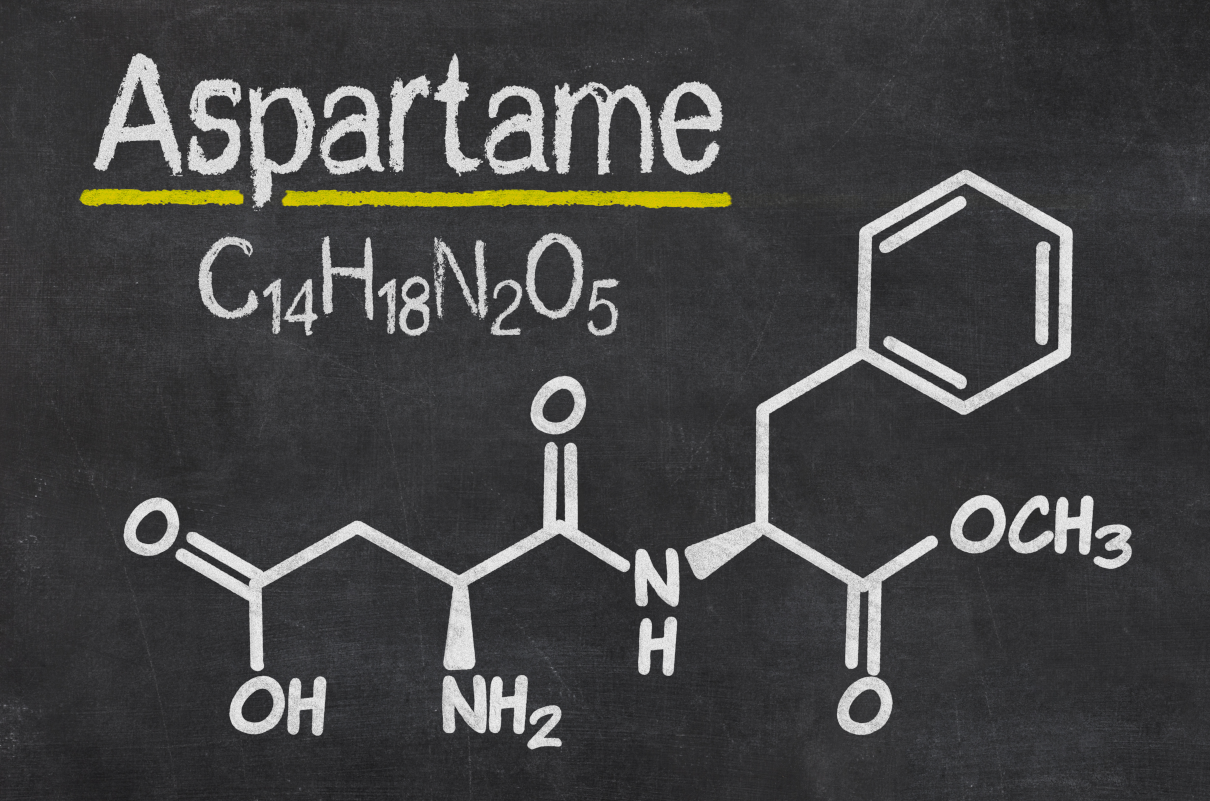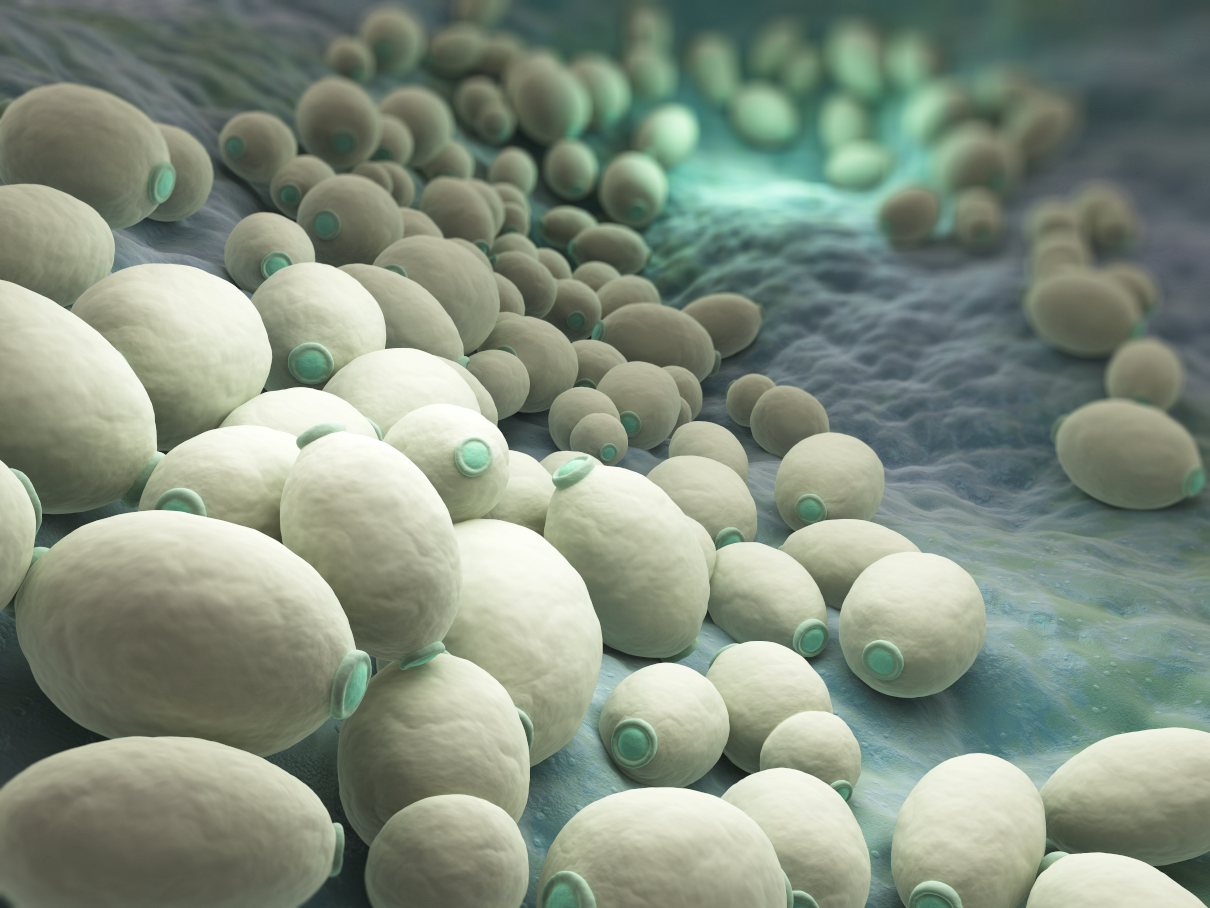
BITTERSWEET: Is this the beginning of the end for aspartame?
Is the writing finally on the wall for aspartame, the artificial sweetener in diet and sugar-free drinks and foods? There’s been a very active campaign to keep the lid on a devastating catalogue of diseases linked to sweeteners, but we’ve recently noticed a few straws in the wind.
Some brave souls have put together a film, Sweet Misery, which documents “one of the most pervasive, insidious forms of corporate negligence in history”, as a spokesman has put it.
Natural abilities
And now academics are getting in on the act and have shown how aspartame can lead to overeating. A study by Purdue University found that artificial sweeteners disturb our natural ability to monitor calorie intake.
Not that any of this is revelatory. Government agencies have known for decades that aspartame is deadly. It was once on the Pentagon’s list of bio-warfare chemicals in a presentation to Congress. In 1984, Dr Woodrow C Monte observed: “Methanol (one of the breakdown products of aspartame) has no therapeutic properties, and we only consider it a toxicant. We consider the ingestion of two teaspoons lethal in humans.” But his warning came too late. The States approved Aspartame two years earlier as a safe food additive.

Anti-candida Mini Detox – three colonics with bicarbonate of soda
The Anti-candida mini detox involves a concentrated series of three colonics infused with bicarbonate of soda, ideally scheduled once weekly. This regimen serves as a potent initiation into a detoxifying cleansing routine, setting the pace for rejuvenation.
It took centre stage once saccharin’s discreditation occurred after studies showed a link between it and bladder cancer. Aspartame seemed to be a good substitute – and one that packed a kick for all those with a sweet tooth, as it is 200 times sweeter than sugar. Its rise continues unchecked today, especially as its patent has recently expired. Around 5,000 products on the market contain sweeteners. The list grows by the day and includes diet sodas, fruit drinks, frozen lollies, instant breakfasts, chewing gum, cocoa and other instant drinks, supplements, drugs, and yoghurt.
Products
Because it is a food additive, the government does not require post-marketing trials of its safety. Some vitamin supplement makers don’t even mention it in the list of their product ingredients. Even so, aspartame accounts for more than 75 percent of adverse food reactions reported yearly to the Food and Drug Administration (FDA). Some of these reactions are very serious, including death.

One colonic irrigation session including consultation
Colon irrigation and comprehensive consultation with a professional colon hydrotherapist registered with RICTAT and ARCH at the Parkland Clinic in Holborn. We use a closed system only—London’s best colonic hydrotherapy deal.
Despite these alarm calls, it’s been down to individual scientists to investigate the dangers of aspartame. Aspartame is a dipeptide (that started life as a drug for peptic ulcers). It consists of L-phenylalanine (50 per cent), aspartic acid (40 per cent) and Methanol (10 per cent). Some claim that phenylalanine is a health hazard. Indeed, it becomes more likely if it breaks down to methyl ester, which, in turn, becomes methyl alcohol or Methanol (remember, two teaspoons is lethal.) If it doesn’t kill you, Methanol can cause blindness. The US Environmental Protection Agency advises daily maximum methanol consumption of just 7.8 mg – yet many cans of diet sodas contain twice that, and a person with diabetes using aspartame all day could consume 30 times that amount.
So, what does aspartame cause?
High heat and prolonged storage have transformed aspartame into a more dangerous substance. A new study linked Gulf War syndrome to diet soda drinks kept out in the hot desert sun.
The evidence is becoming too overwhelming for the authorities to continue to ignore this sweetener. Medics link it to multiple sclerosis, Parkinson’s, migraine and headaches, brain cancer, chronic fatigue and epilepsy.
Even the powerful groups that protect aspartame cannot withstand the tide for longer.
What Doctors Don’t Tell You – July 2004

Food intolerance test of 208 ingredients
This is our most comprehensive food and drink test. It analyses your client’s IgG antibody reactions to 208 food and drink ingredients. This test will highlight their food triggers and help you formulate an IgG-guided elimination diet together.











